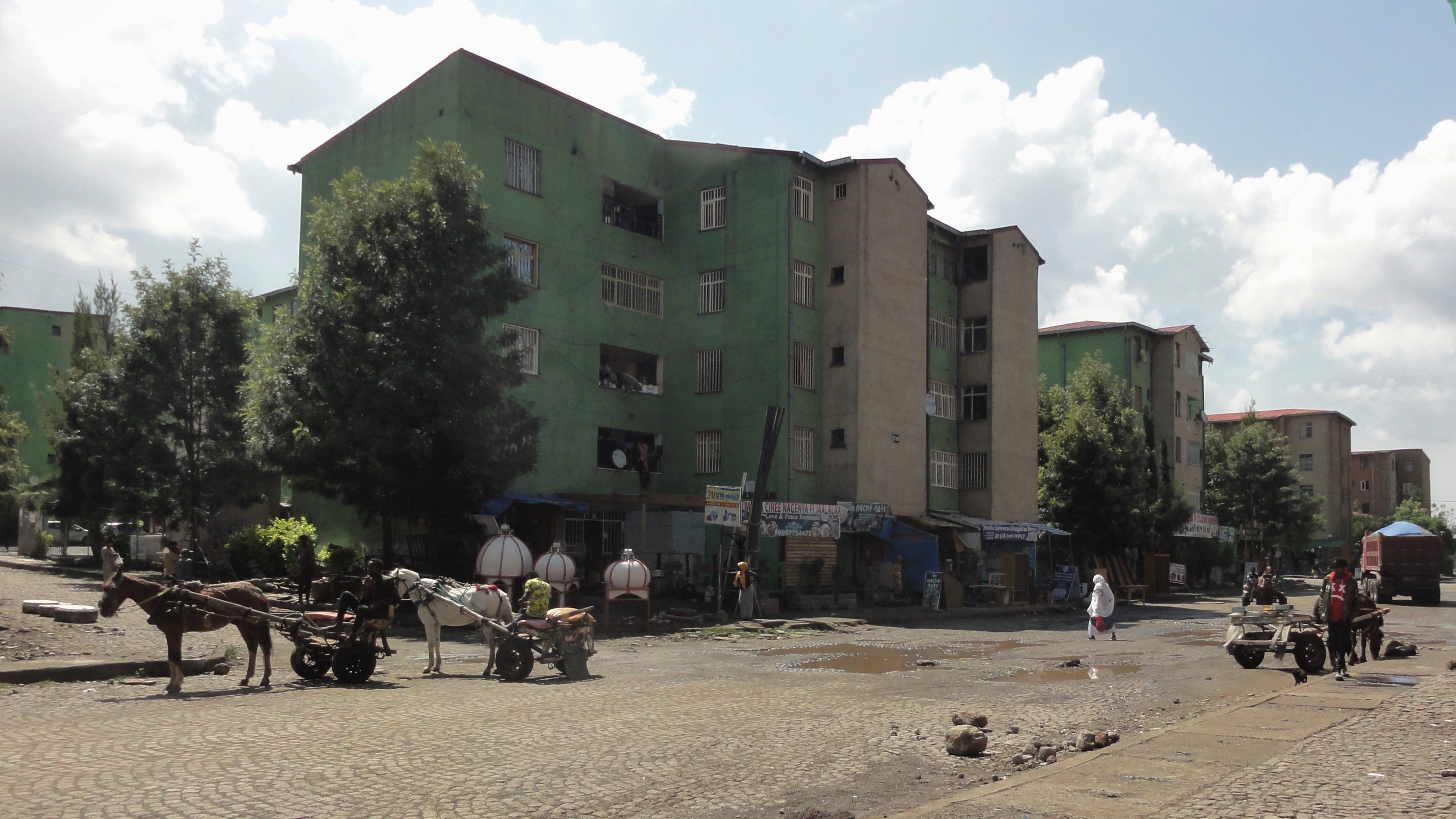24.06.2024
[Lecture Series:] The Missing People of State-subsidized Housing: Lived Experiences of Non-occupancy and Secondary Residential Mobility
Thursday, 27 June 2024, 18.00 - 20.00 CET
On 27 June, 16.00 - 18.00 CET in room 101 (Wilhelmstr. 36; Institut für Soziologie & via Zoom) Dr. Raffael Beier (TU Dortmund) will give a talk on "The Missing People of State-subsidized Housing: Lived Experiences of Non-occupancy and Secondary Residential Mobility". This talk is part of the G-TURN lecture series "Urbanities in a Global Perspective: Crises, Change, and Continuity".
Click here for the G-TURN Poster
Abstract:
In the context of the Millennium Development Goals, several observers have noted a renaissance of mass housing programmes in the Global South. At the same time, there are concerns that such large-scale standardised housing and resettlement programmes would repeat past mistakes and miss their target groups. Unaffordable schemes and maintenance, underserviced sites at inappropriate, distant locations, and gentrification or downward-raiding would
provoke that much of the new, state-subsidized housing stock would actually not be occupied by those who policy stakeholders call the ‘intended beneficiaries’. These ‘missing people’ of state-subsidized housing and re-settlement programmes either have never inhabited their new housing units or vacated them after some time – but why do they leave and where do they go? Largely due to methodological challenges in finding resettled dwellers outside of resettlement sites, these questions have remained unanswered to date, hence provoking accusatory speculations and divergent assumptions. In my pre-sentation, I will shed light on the “missing people” of large-scale housing and resettlement programmes, conceptualizing departure from state-subsidized housing alongside a continuum of constraint and agency. Based on a qualitative, people-centred analysis of ‘housing pathways’ of the ‘missing people’, I argue that non-occupancy and secondary residential mobility can be understood as demand-driven practices of coping with and adapting to shortcomings of supply-driven housing policy, in terms of affordability, uniformity, and displacement. Whereas the extent of constraint and agency differs from forceful displacement to voluntary moving, the findings underline the contextual embeddedness of housing policy as well as the crucial significance of decent labour for people to sustain decent housing conditions – inside and outside state-subsidized housing.
Bio:
Raffael Beier is an urban studies scholar and currently the acting head of the research group International Planning Studies (IPS) at TU Dortmund University. He holds a joint-PhD from the International Institute of Social Studies (ISS) in The Hague and the Institute of Development Research and Development Policy (IEE) at Ruhr University Bochum. As a postdoc, he was part of the Centre for Urbanism and Built Environment Studies (CUBES) at Wits University in Johannesburg. Working mainly on North and Sub-Saharan Africa, his research has largely been concerned with people-centred perspectives on displacement, resettlement, and affordable housing. Together with two co-editors, he recently published the book "Urban Resettlements in the Global South" (Routledge, 2022).

